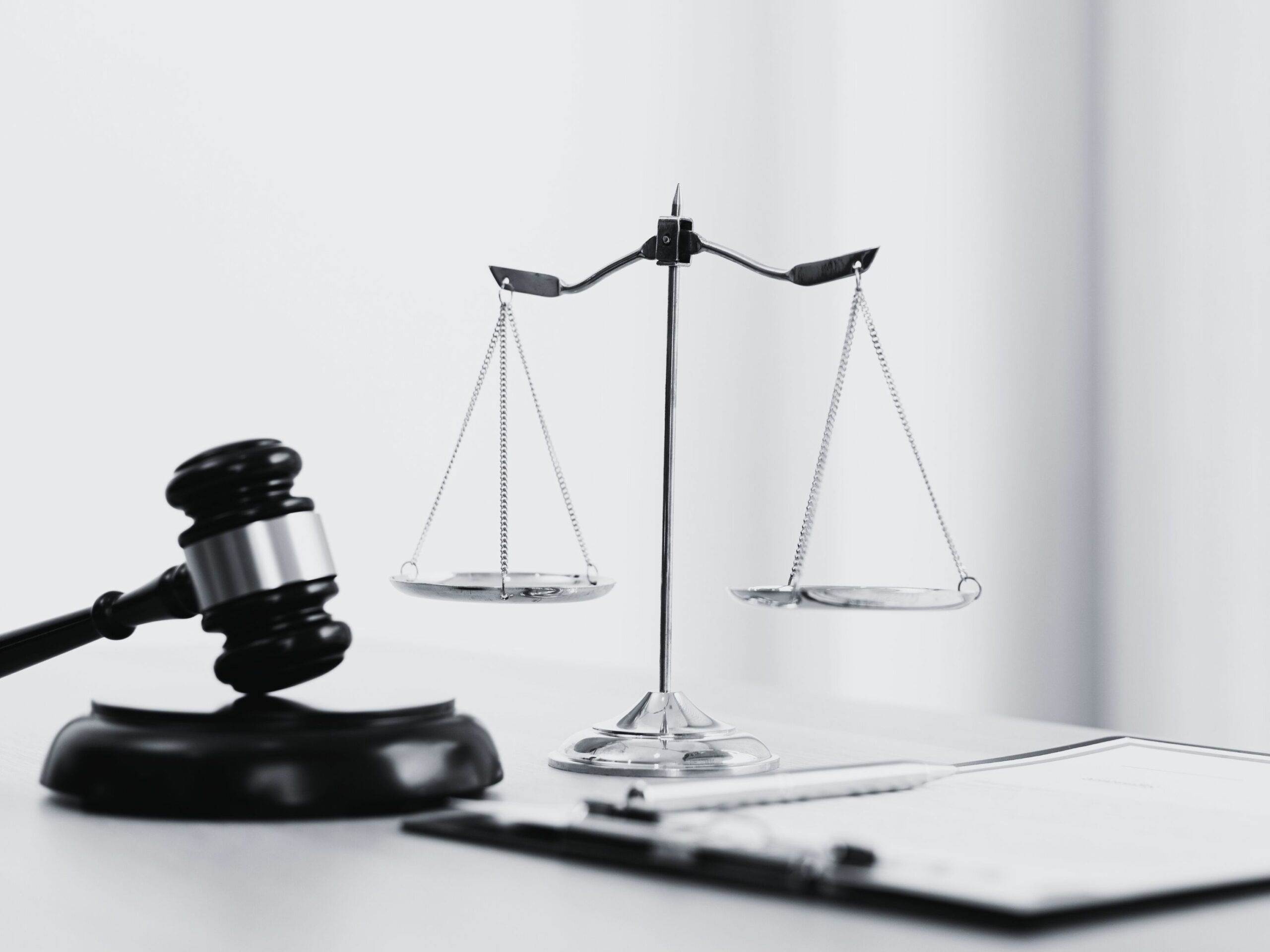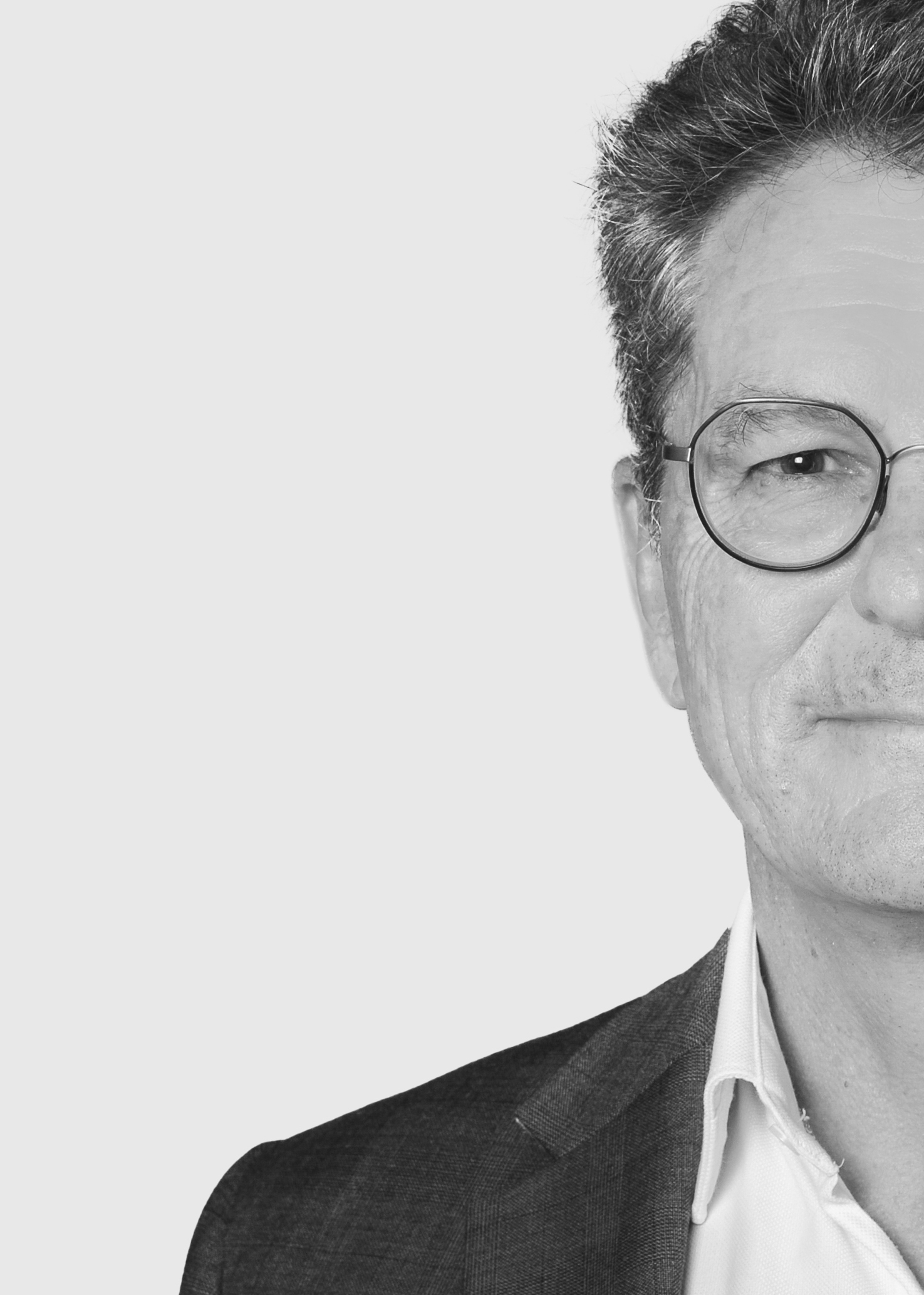Simona Halep Appeals Four-Year Doping Ban

Romanian tennis player Simona Halep was issued a four-year ban by the International Tennis Integrity Agency (ITIA) after an independent committee found the player guilty of two doping charges. The decision came in September, a year after her alleged breaches of doping rules at the US Open in 2022.
Halep has appealed the decision and continues to claim her innocence. A final hearing with the Court of Arbitration for Sport (CAS) has been scheduled for the 7-9th February.
Halep’s first charge was for failing a drug test because of the presence of Roxadustat in her urine, in a regular urine test to prevent doping. Roxadustat stimulates the production of haemoglobin and red blood cells, resulting in increased endurance.
The second charge related to her Athlete Biological Passport. In an analysis of 51 blood samples provided by Halep, the independent committee found that “likely doping” explained the irregularities, meaning that they were likely to be caused by an intentional use of a prohibited substance or method in 2022.
The Athlete Biological Passport’s primary function, according to the World Anti Doping Agency, is “to monitor selected biological variables over time that indirectly reveal the effects of doping, rather than attempting to detect the doping substance or method itself.”
Halep argued that the Roxadustat found in her urine was because of a contaminated supplement provided by her former coach, Patrick Mouratoglou.
Mouratoglou has taken responsibility for the contamination and said: “We have been able to establish where the contamination comes from. [When we worked with her], we suggested she takes collagen. We brought her collagen from a company and this collagen happened to be contaminated.”
The independent tribunal accepted this argument but found that the contamination could not be responsible for the volume of Roxadustat found in her urine.
The Chief Executive Officer of the ITIA Karen Moorhouse stated: “After a complex and rigorous hearing process, we welcome the independent tribunal’s decision. The volume of evidence for the tribunal to consider in both the Roxadustat and ABP proceedings was substantial.”
Halep is confident in her appeal. In an interview with Euronews, Halep said that the volume of Roxadustat was an “extremely low quantity”. She went on to say: “The contamination [defence], I think it’s very strong for me. And the second one, the blood, I had many, many tests and all of them were negative. So, they never found anything wrong in my blood. So, with these two things, I feel confident going and facing CAS.”
If she does not win the appeal, Halep will be banned until October 2026, having already served a year of provisional suspension. The Romanian is conscious that it will probably be the end of her career, considering she will be 35.
Halep won the French Open in 2018 and Wimbledon in 2019 and has spent 64 weeks at world number one in singles.
In her interview, Halep said: “I know I didn’t do anything wrong and I know I’m clean.”
The CAS released a statement stating that, after the hearing, it will issue an “Arbitral Award containing its decision and the grounds for it.”
It continued: “The CAS Panel’s decision will be final and binding, with the exception of the parties’ right to file an appeal to the Swiss Federal Tribunal within 30 days on limited grounds.”

